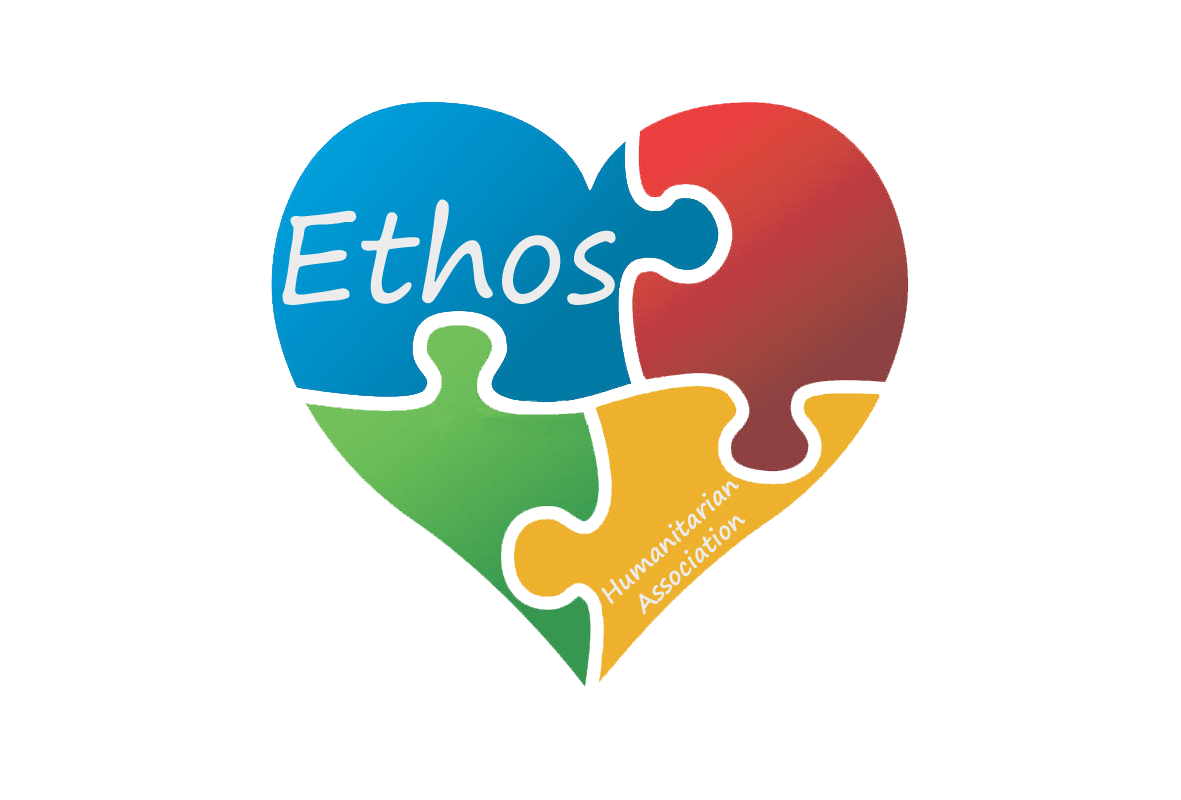Educational support to socially excluded Dalit girls through income generation in Theni District, Tamil Nadu, South India.
We have engaged in a project in Tamil Nadu in South India that aims at providing elementary school to some of the poorest girls in the area, namely the Dalit girls. Each day, millions of Indian children are waking up with nothing to look forward to besides numerous hours of hard labour in jobs where they are being exploited. Children as young as 5 years old are kept from going to school and instead they are being forced to work 7 days a week for up to 18 hours a day, which leaves them with nothing except a less than minimal income, a large amount of injuries, disorders and pain.
This continued exploitation and enslavement of children creates an evil trap where Dalit families are kept in a vicious cycle of slavery, illiteracy and poverty. Dalit families are considered the outkast of the Hindu society, and particularly girls are considered the lowest of all, sometimes regarded lower than animals. They are completely isolated from education, mainly because it is considered a waste of time and money, as the families are exptremely poor due to lack of education, and therefore lack of employment and opportunities.
Poverty and illeteracy are two major problems that are highly concentrated among Dalit families in Tamil Nadu. Education is considered a waste of time and money, and most children grow up in slums where they either help their parents during the day, or wander around the slums getting into trouble or being exploited. These unfortunate children are often left illiterate and are suffering from different types of health problems, and thus, they are found in a cruel twist of fate, since they are not very likely to find employment once they reach adulthood. Free elementary education is constitutionally madatory in India, which theoretically means that children between 6-14 would be able to go to school at no charge.
However, this is not the case for most Dalit children. At many schools, there are certain ”hidden” school fees, that the families are not able to pay, as well as the cost of uniforms, school books, stationary, food, transport etc. Dalit families are traditionally working in the agricultural sector, but the recent rise in unemployment has left many dalit families with little or no income. The unstable weather conditions in South India has made its impact on agriculture and unemployment has risen significantly. This makes it hard for people to secure an income, which makes education an even lower priority.
The project is based on the idea of animal husbandry; the distribution of milk cows. This concept is supported by the indian government as it has proven a succesful tool in relation to income generation for indian families. The families will be trained in taking care of animals and trading milk products. The nutritious fresh milk will also improve the nutrition level of the children in the family. One cow per family can be enough to pay for the education of 2-3 children!As education is one of the greatest tools to reduce poverty, it is important to send more children to school as this will give them better opportunities in order to bring change to their lives and imporve the living standards in the community. It is necessary to support the families in order to prioritize the education of their children. If the level of education rises, it will bring hope in the area, as it will bring new ideas and initiatives.
